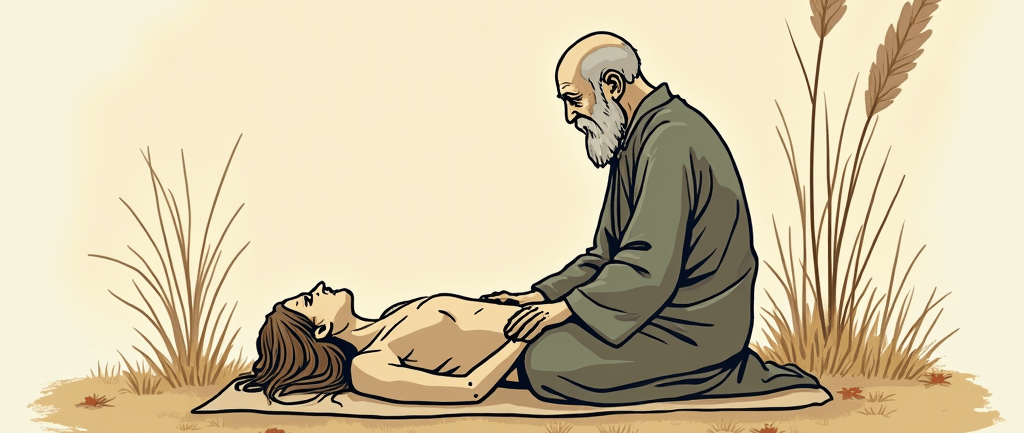Death and Stoicism: Confronting Mortality with Wisdom and Resilience
Death is an inevitable reality of the human condition, and how we approach and understand it can have a profound impact on how we live our lives. Stoicism, the ancient philosophy that emphasizes reason, virtue, and living in accordance with nature, offers a unique and powerful perspective on death and how to confront it with wisdom and resilience.
STOICISM
11/2/20242 min read


The Stoic View of Death
The Stoics believed that death is a natural and necessary part of life, and that it should not be feared or avoided. They saw death as a transition from one state of being to another, and as an opportunity for the soul to be reunited with the divine logos or reason that pervades the universe.
Seneca, a prominent Stoic philosopher, wrote extensively about death and how to prepare for it. He emphasized the importance of accepting death as a fact of life, and of using our awareness of mortality as a motivator to live well and virtuously. "It is not that we have a short time to live," he wrote, "but that we waste a lot of it."
Memento Mori and Negative Visualization
One of the key Stoic practices for confronting death is memento mori, or the reminder of death. The Stoics believed that by regularly contemplating our own mortality, we can develop a greater appreciation for life and a clearer sense of what truly matters.
Marcus Aurelius, the Stoic philosopher and Roman emperor, wrote in his Meditations, "You could leave life right now. Let that determine what you do and say and think." By keeping death always in mind, Marcus believed that we can live with greater urgency, authenticity, and purpose.
Another related Stoic practice is negative visualization, or the imagining of worst-case scenarios, including our own death. By mentally rehearsing these possibilities, the Stoics believed that we can reduce our fear and anxiety about them, and develop a greater sense of gratitude and perspective.
Death and the Cultivation of Virtue
For the Stoics, the key to living well in the face of death is the cultivation of virtue. They believed that by living in accordance with reason and by striving for wisdom, justice, courage, and self-control, we can achieve a sense of fulfillment and meaning that transcends our finite existence.
Epictetus, a former slave who became a renowned Stoic teacher, emphasized the importance of focusing on what is within our control, namely our own thoughts, beliefs, and actions. "It's not what happens to you, but how you react to it that matters," he taught. By cultivating a virtuous and resilient mindset, we can face death with equanimity and grace.
Grief and Loss in Stoicism
While the Stoics emphasized the importance of accepting death, they also recognized the reality of grief and loss. They believed that it is natural and appropriate to feel sadness and pain at the death of a loved one, but that we should not allow these emotions to overwhelm or paralyze us.
Seneca, who himself experienced the loss of a beloved friend, wrote movingly about the process of grieving. He emphasized the importance of allowing ourselves to feel our emotions fully, while also maintaining perspective and finding solace in philosophy and the support of others.
Conclusion
The Stoic approach to death is one of acceptance, preparation, and the cultivation of virtue. By confronting our mortality with honesty and courage, and by striving to live in accordance with reason and wisdom, the Stoics believed that we can find a sense of peace and purpose in the face of life's ultimate challenge.
While the reality of death can be daunting and painful, the Stoics offer a powerful example of how to meet it with resilience, grace, and even gratitude. By keeping death always in mind, and by focusing on what is truly important, we can live lives of greater meaning, authenticity, and joy.
Waste no more time arguing about what a good man should be. Be one - Marcus Aurelius
We suffer more often in imagination than in reality - Seneca
Wealth consists not in having great possessions, but in having few wants - Epictetus
